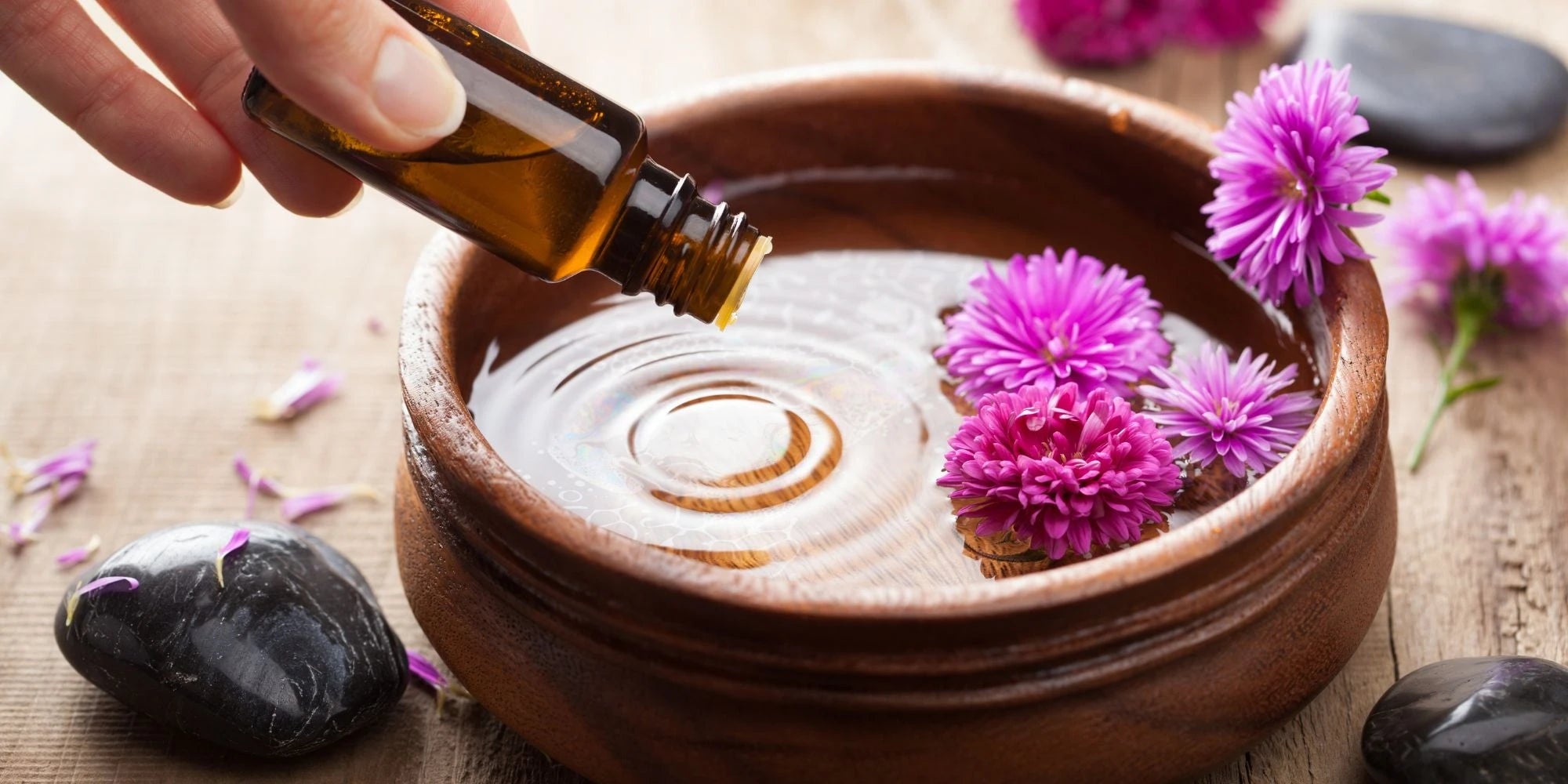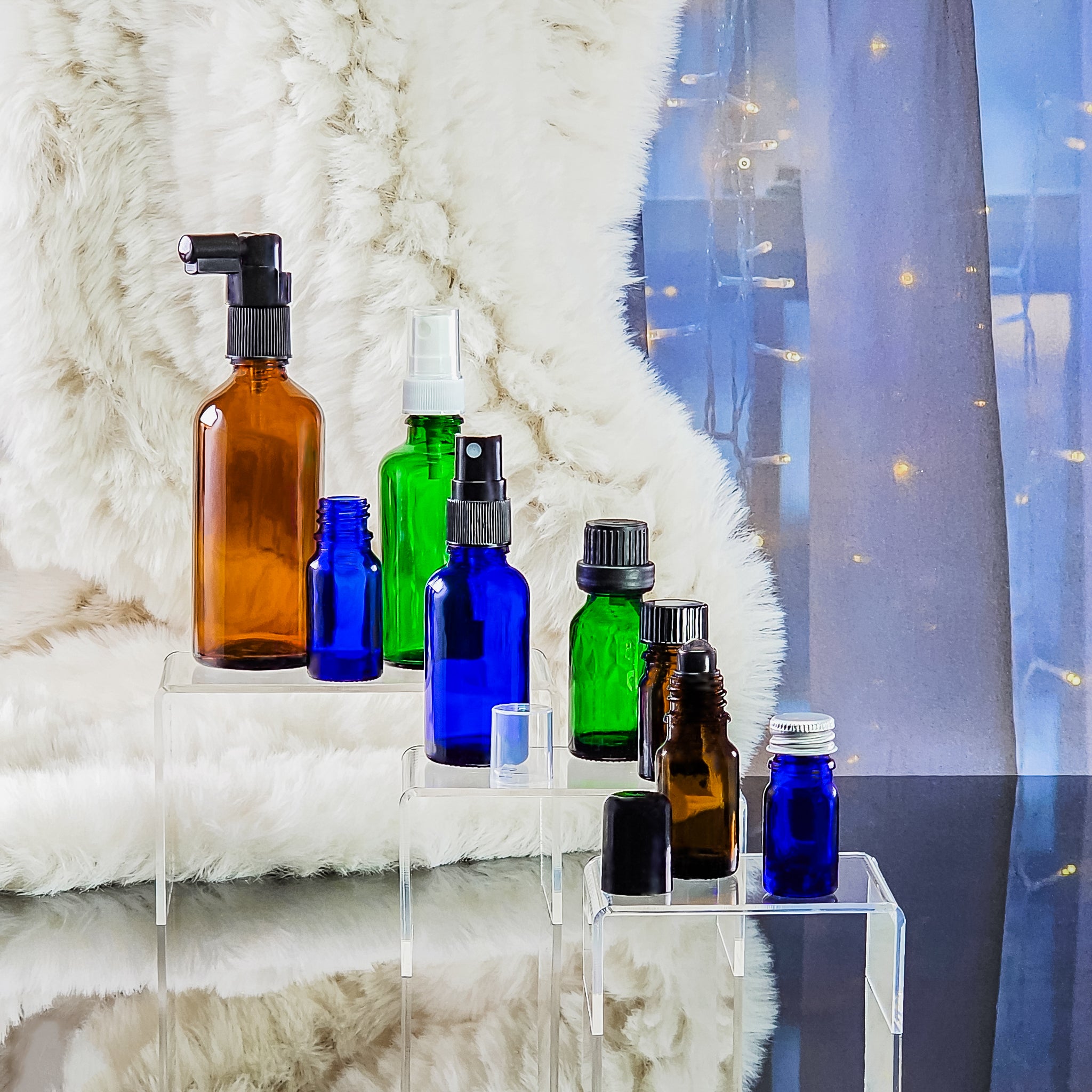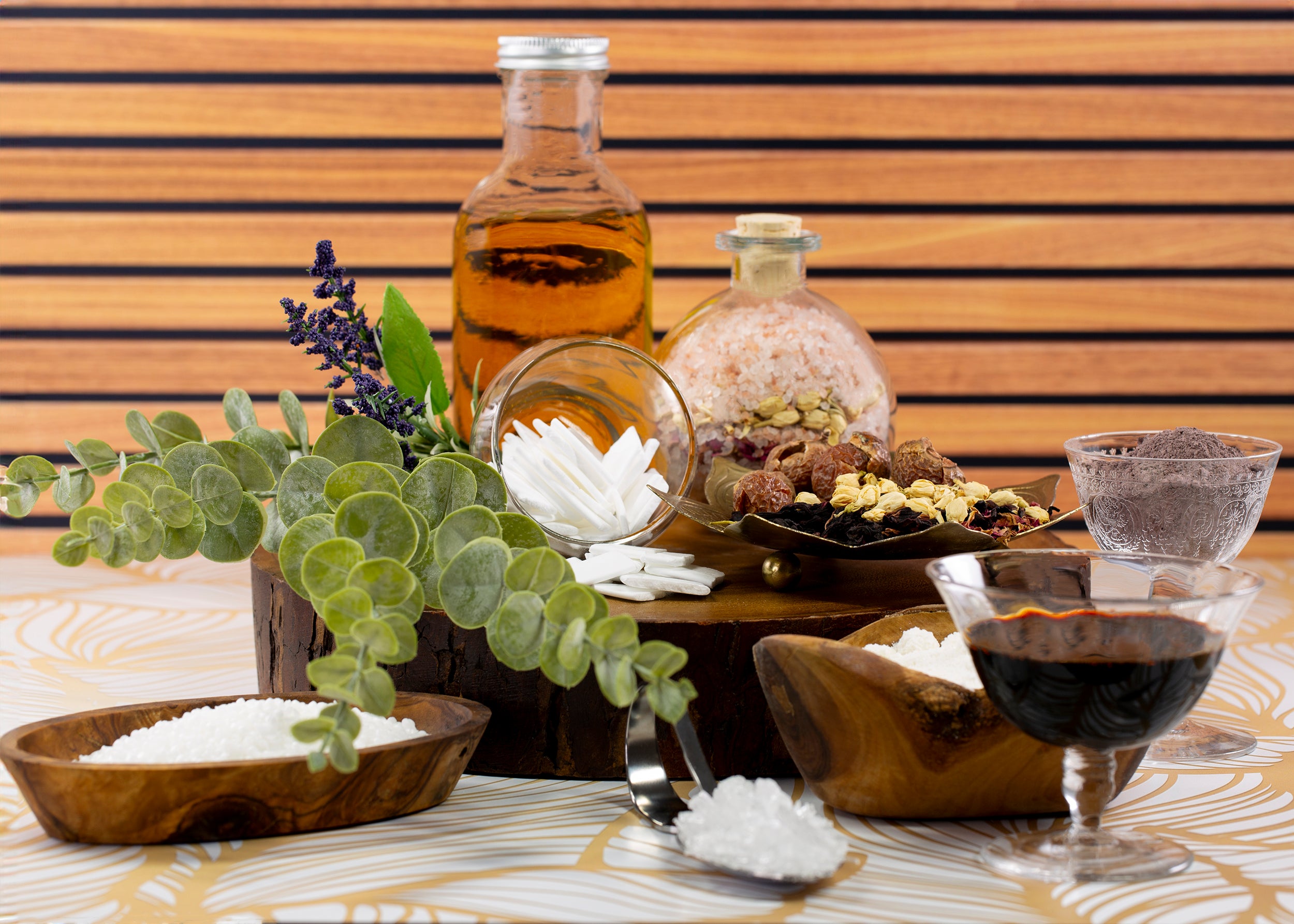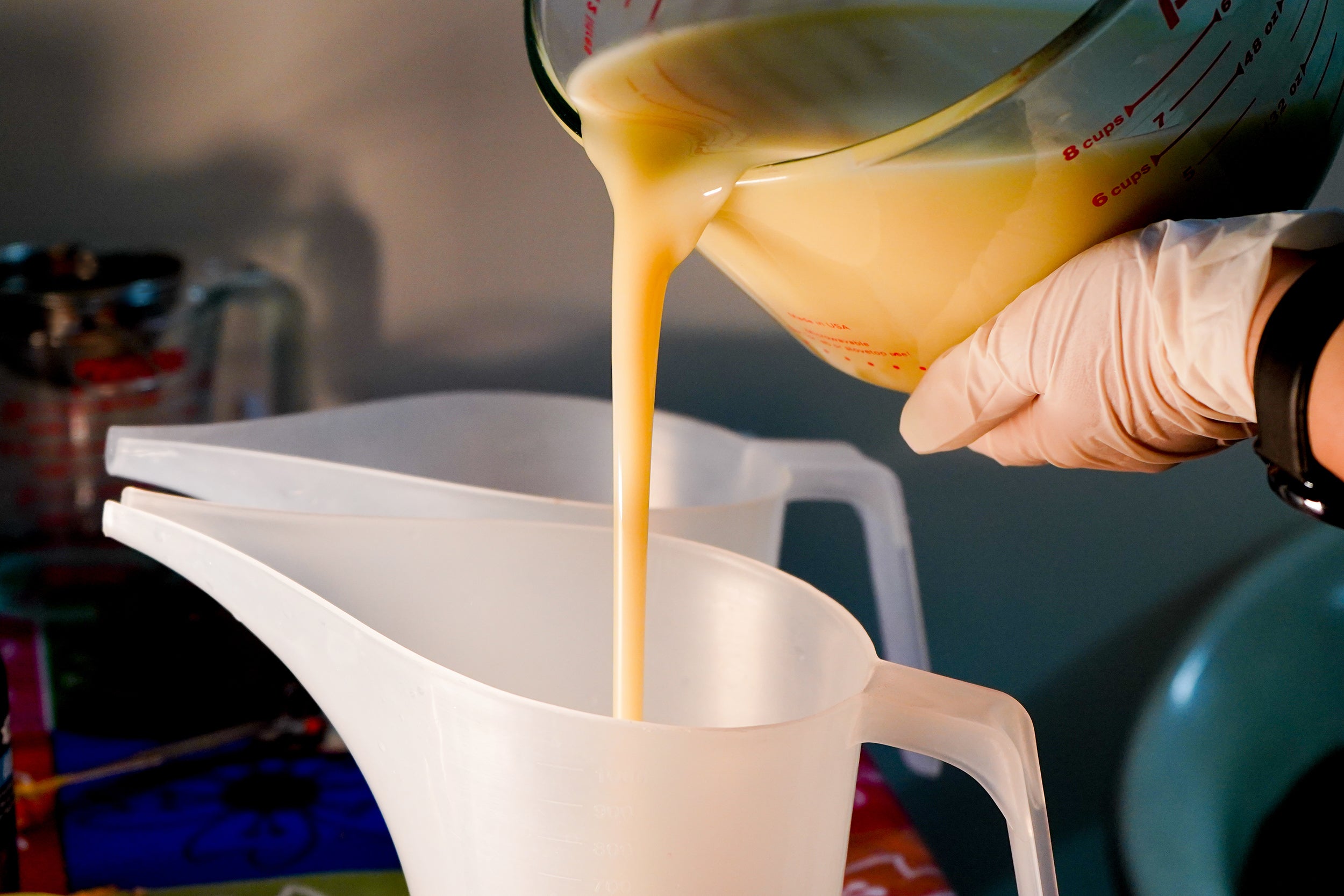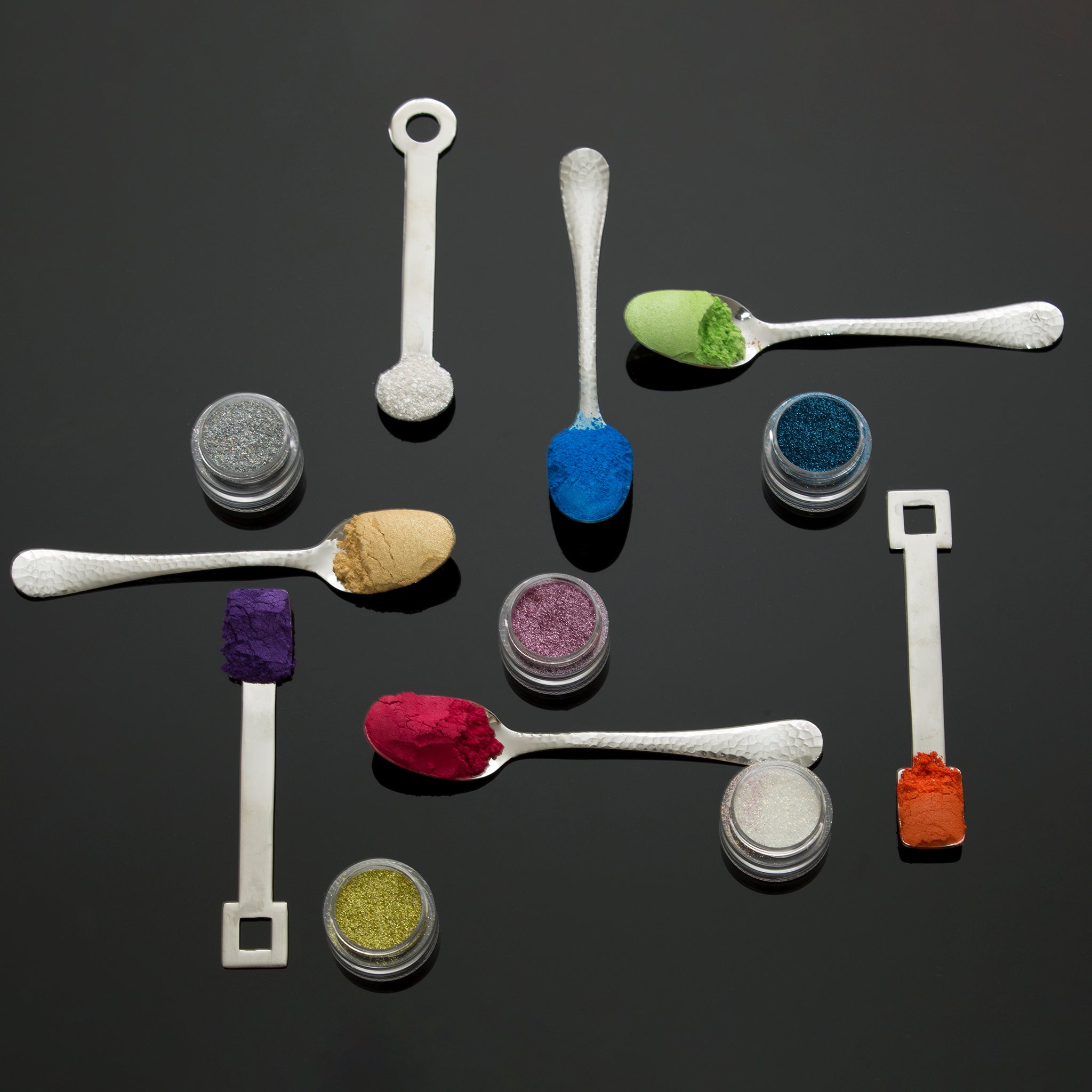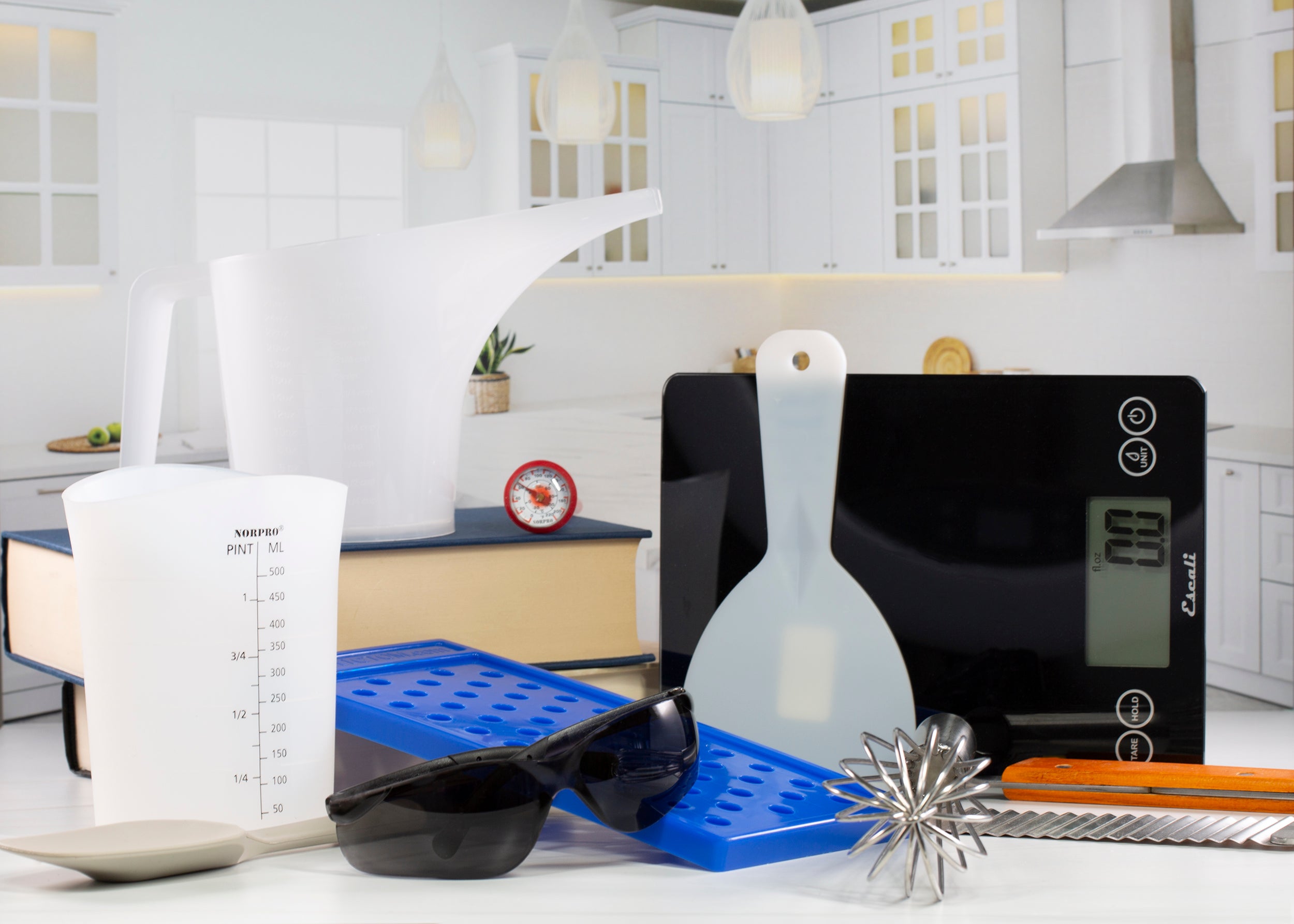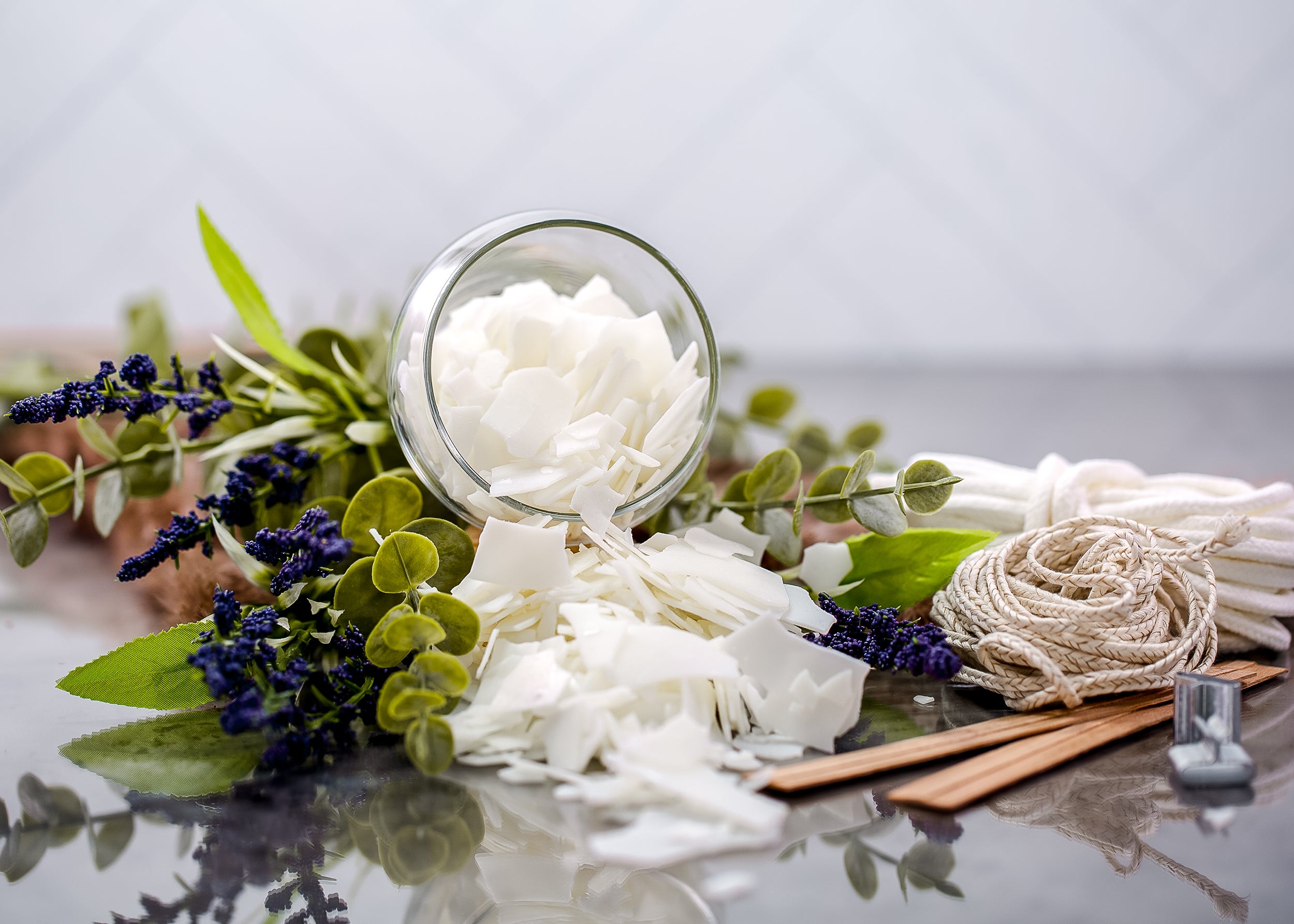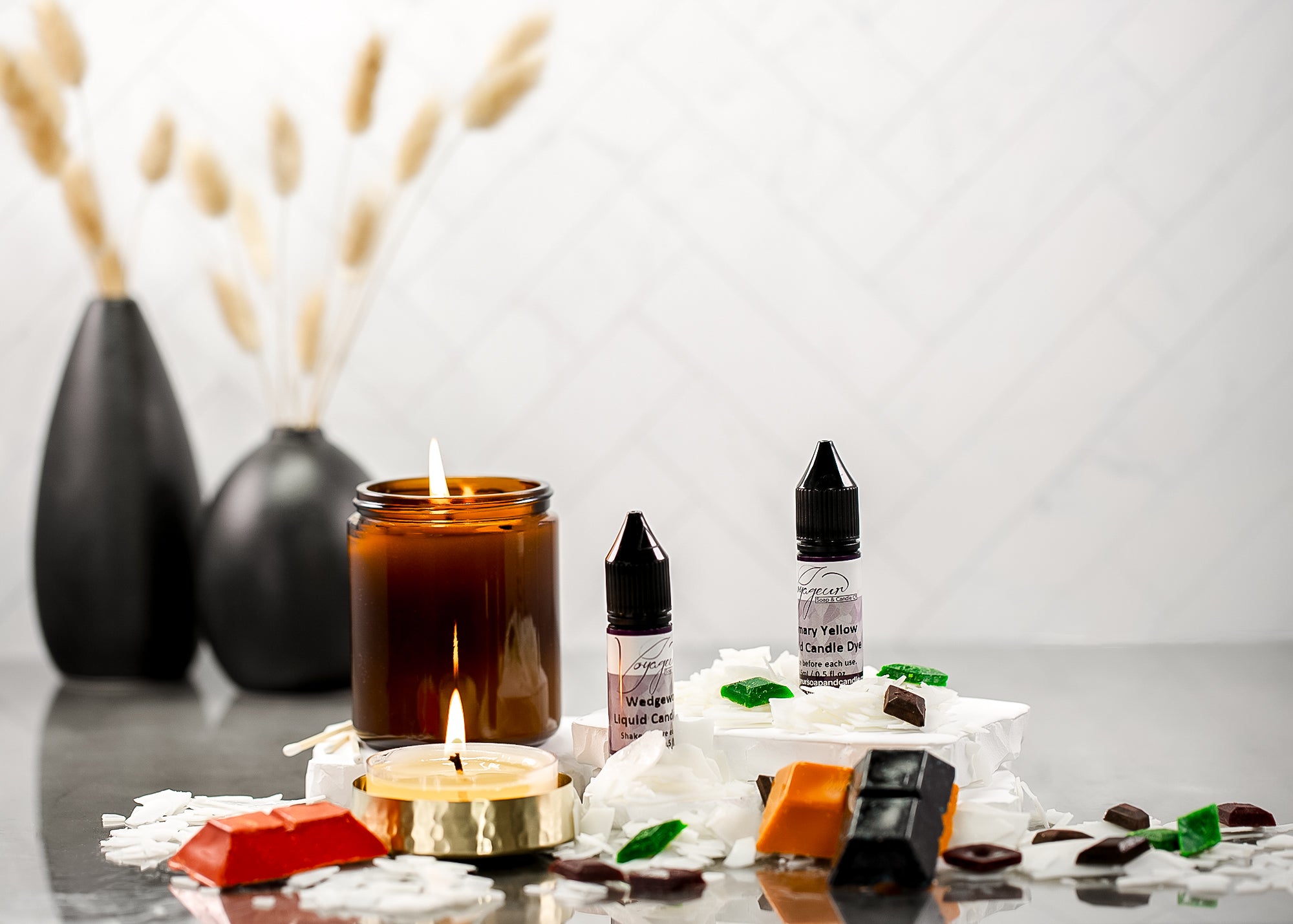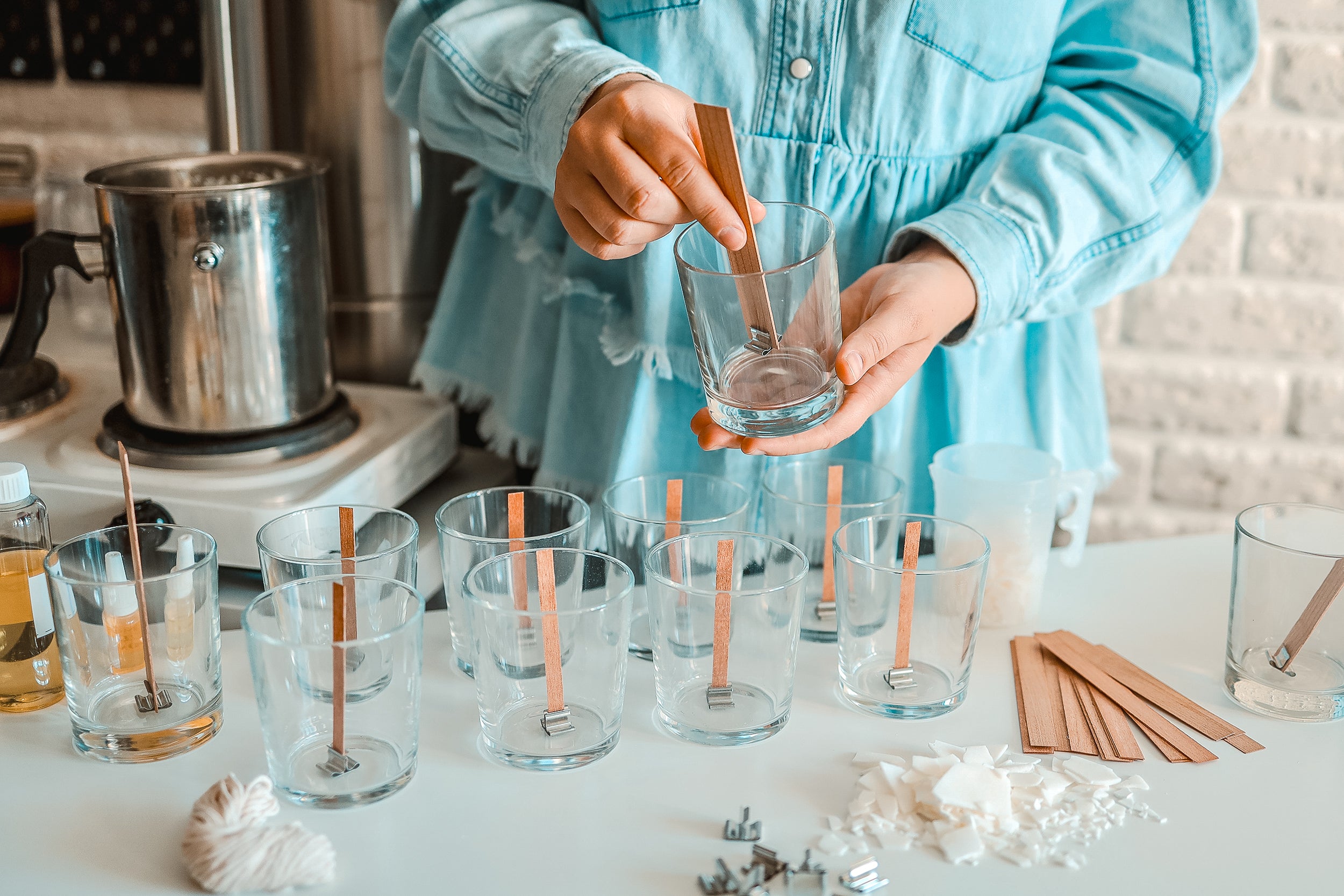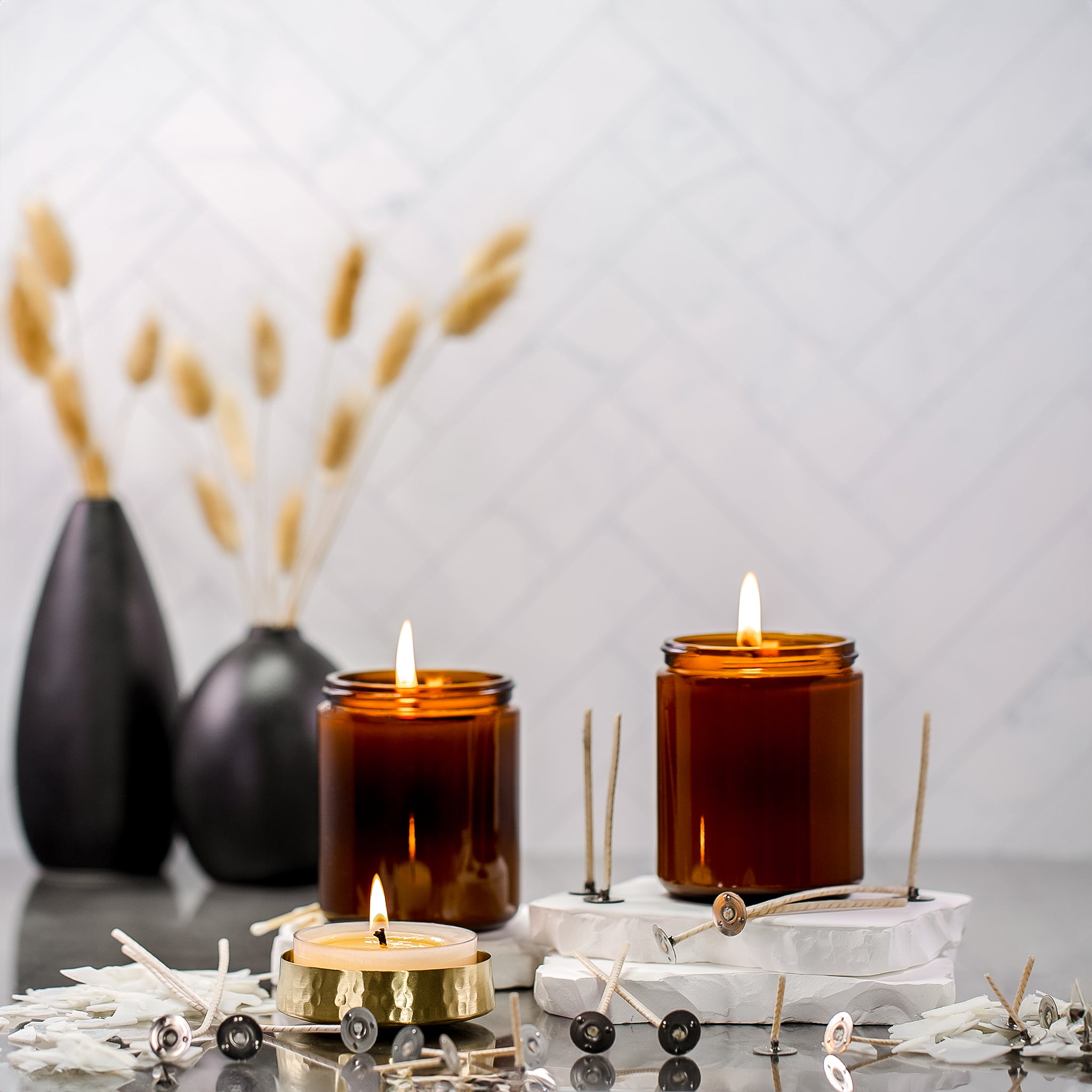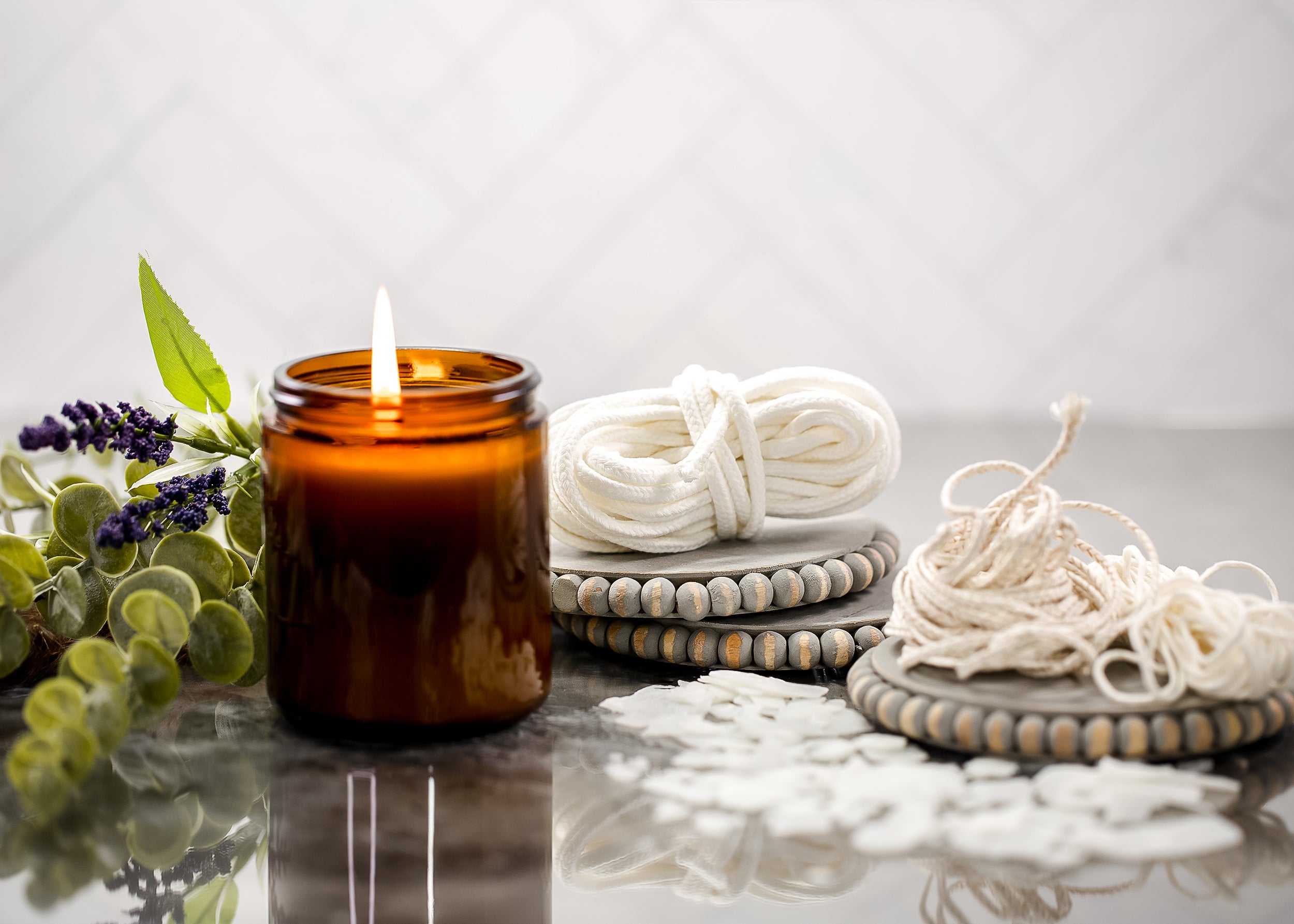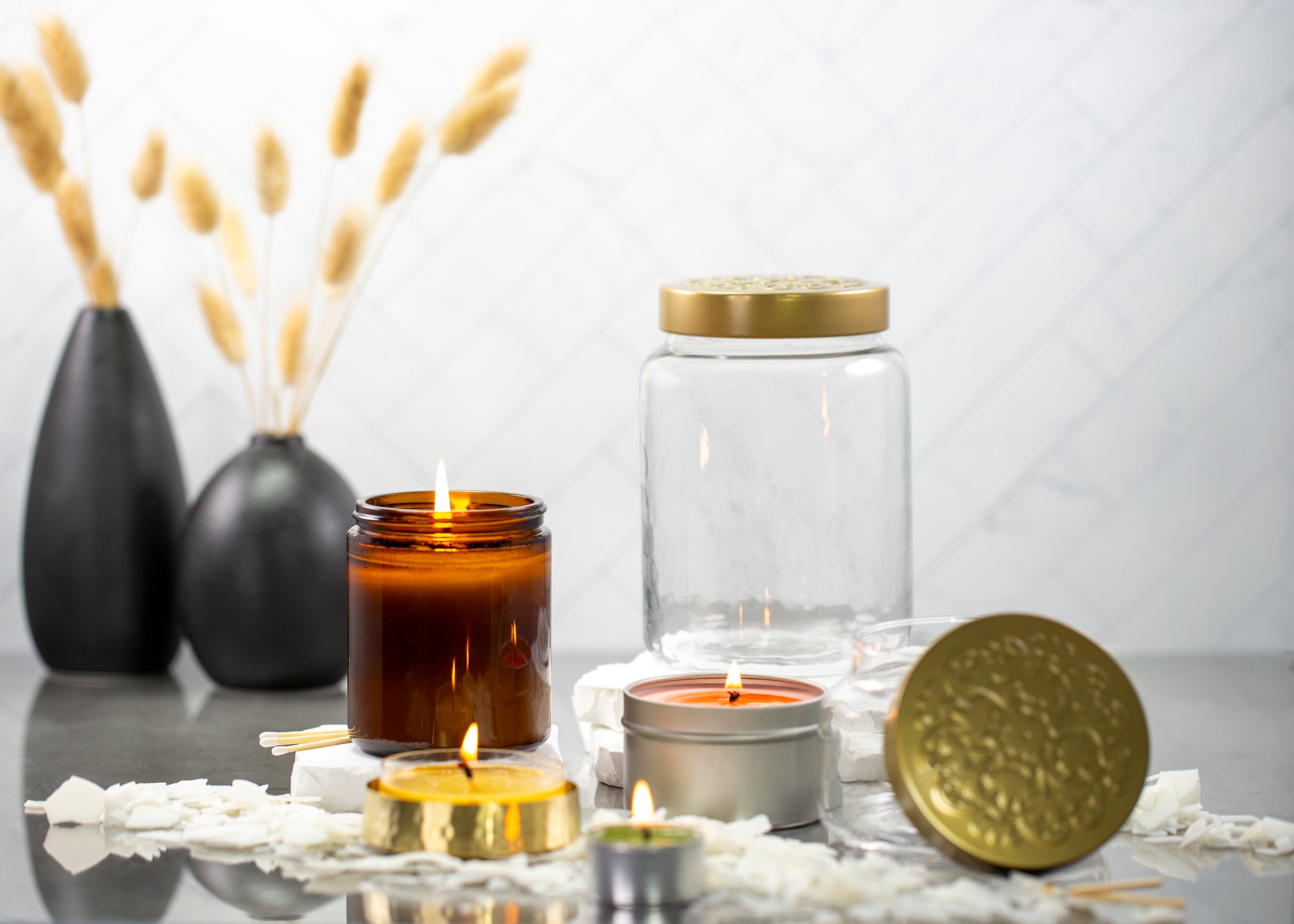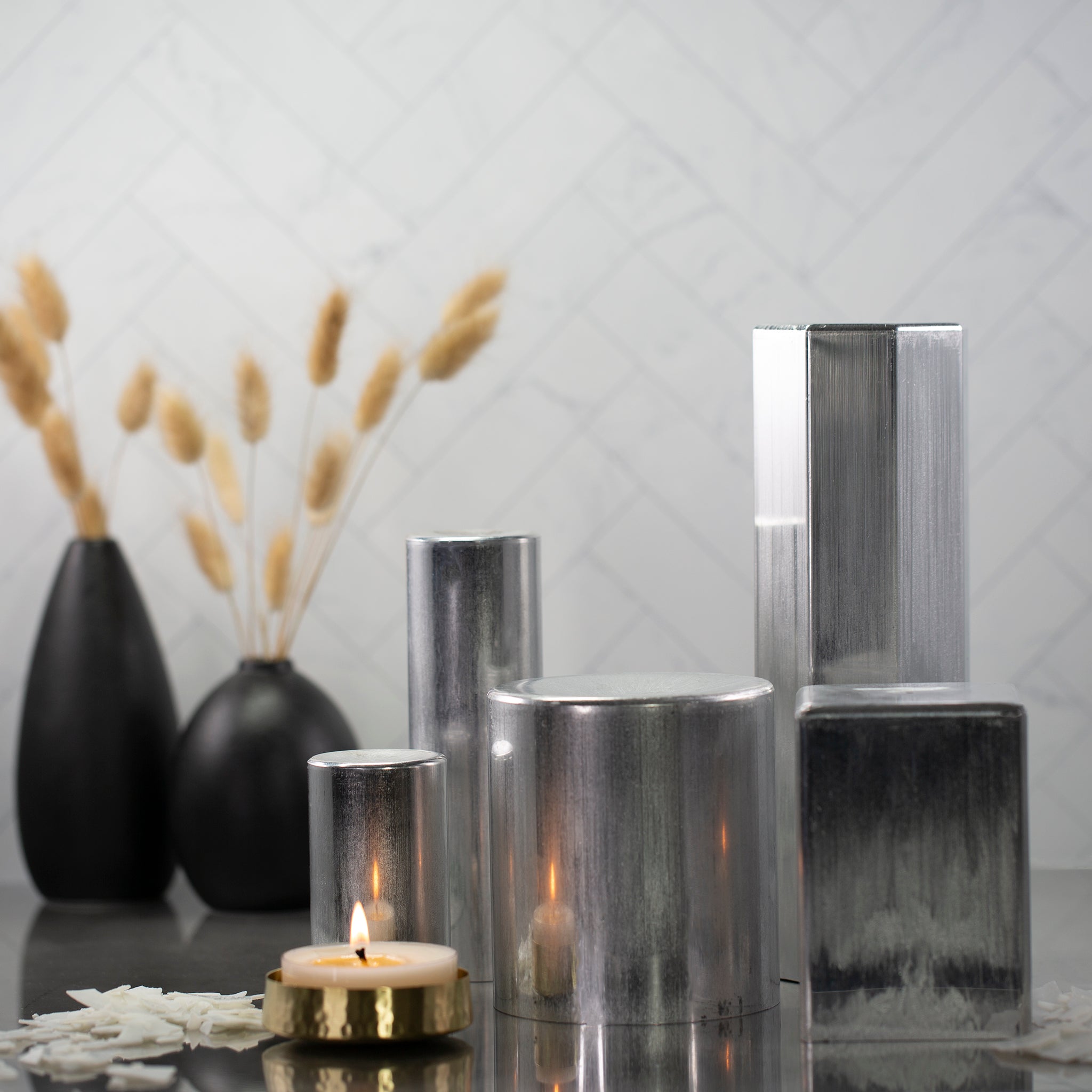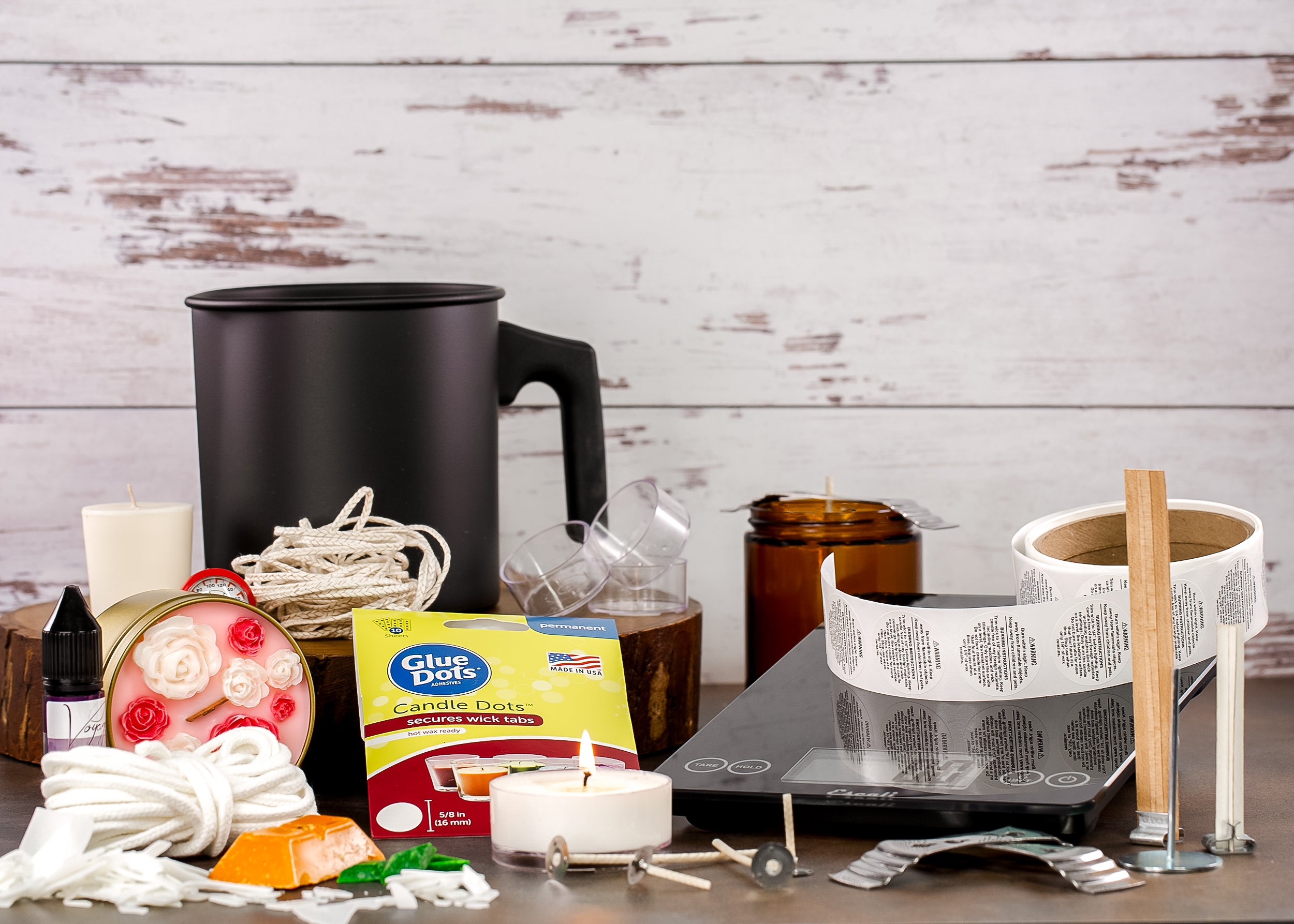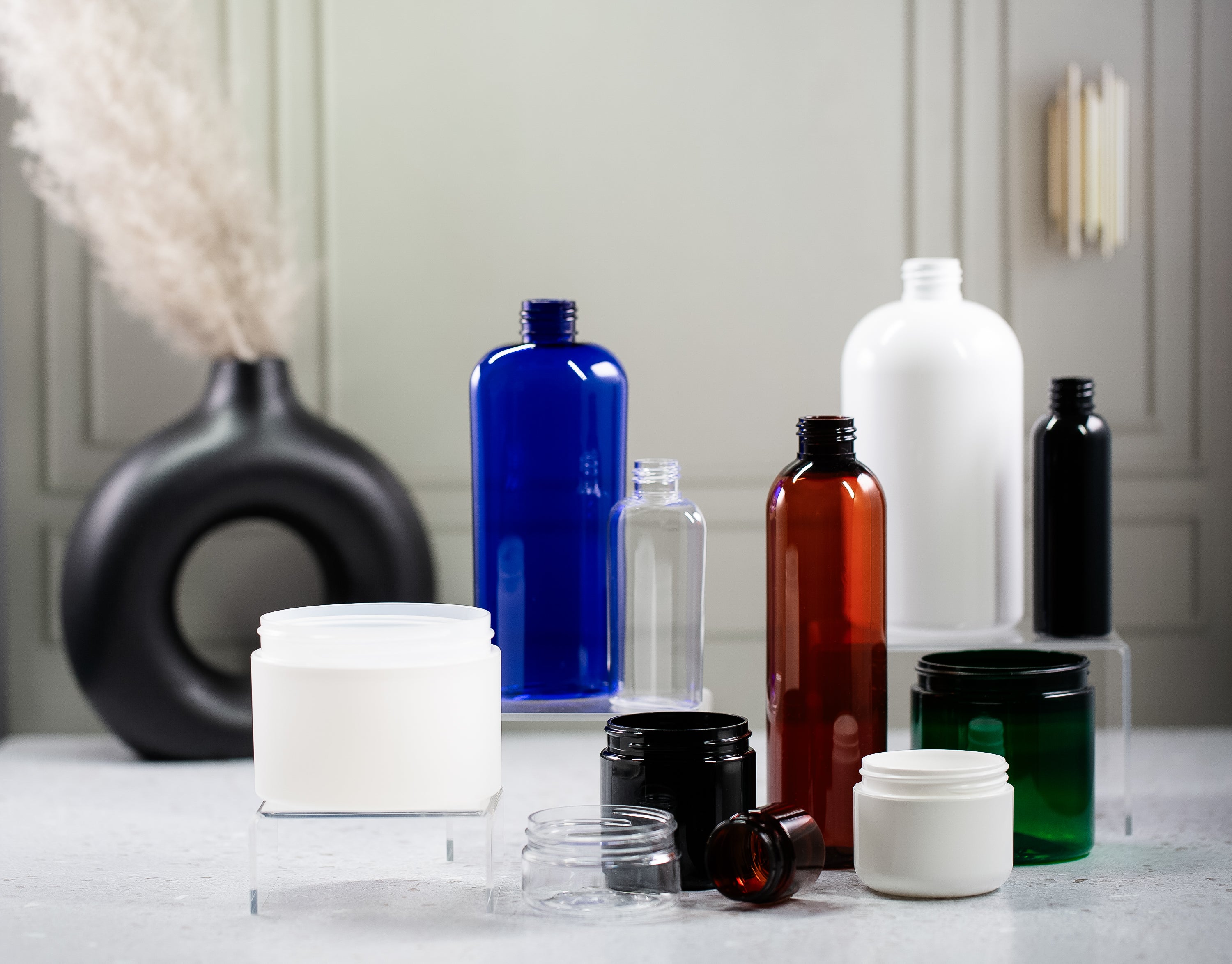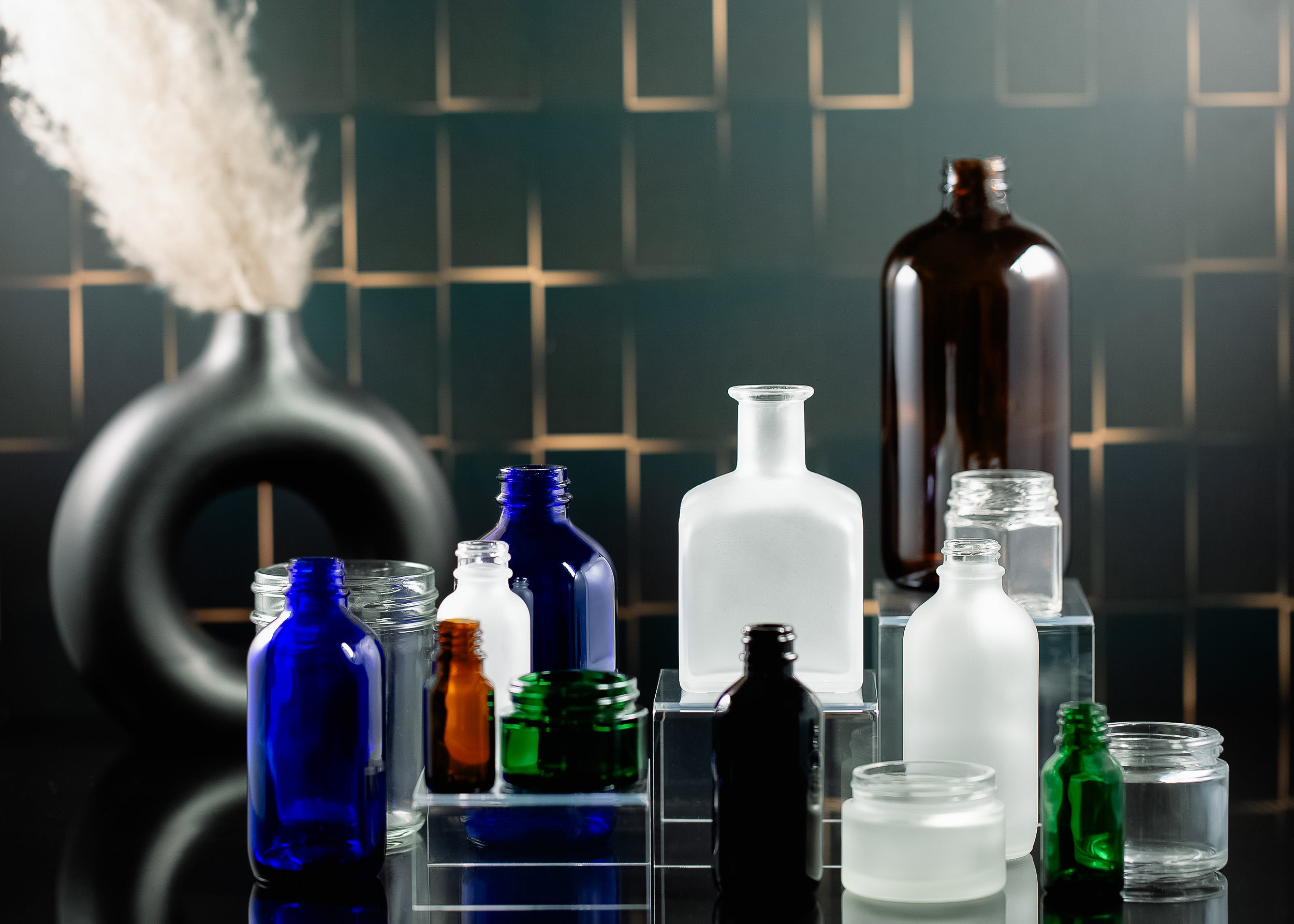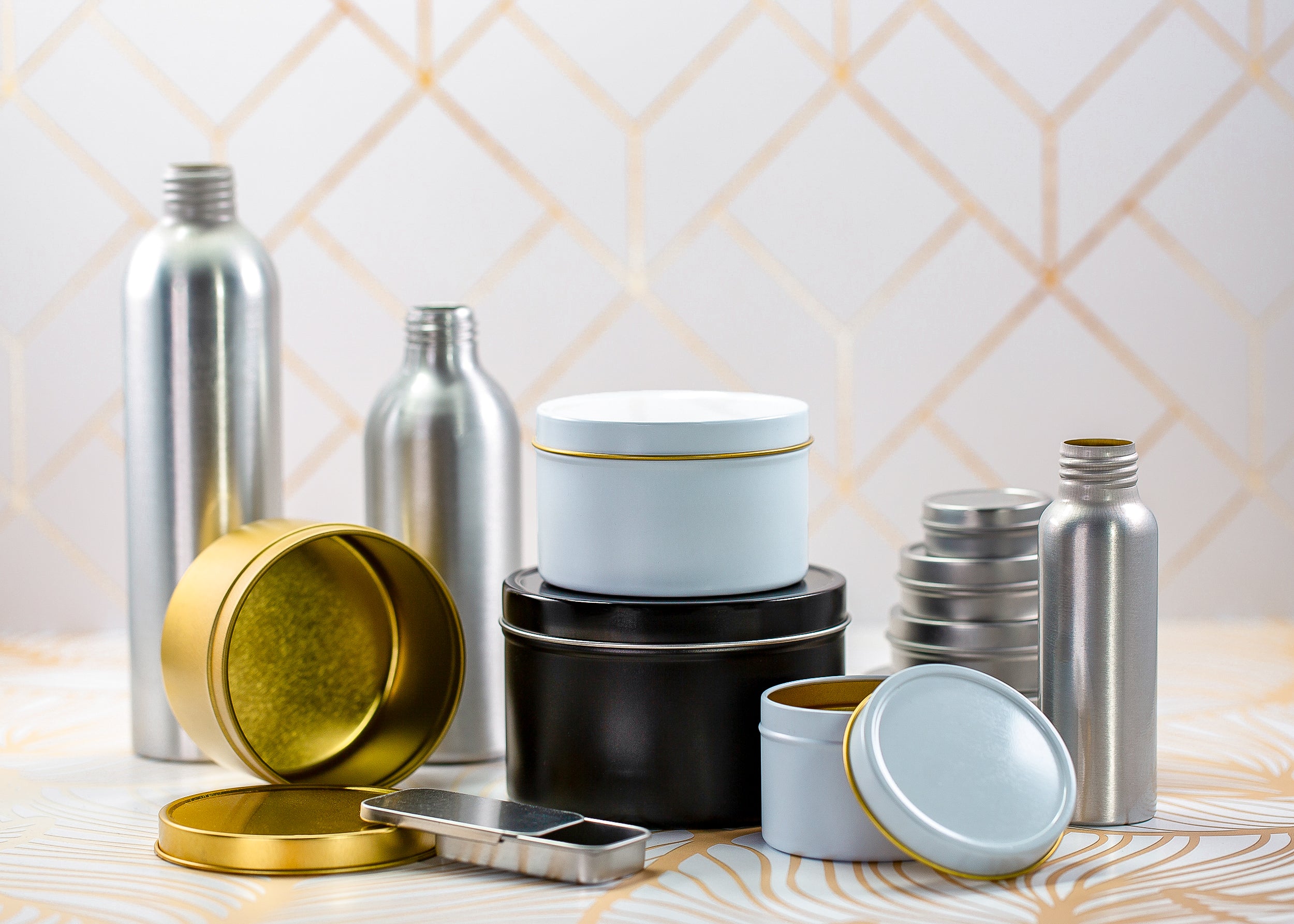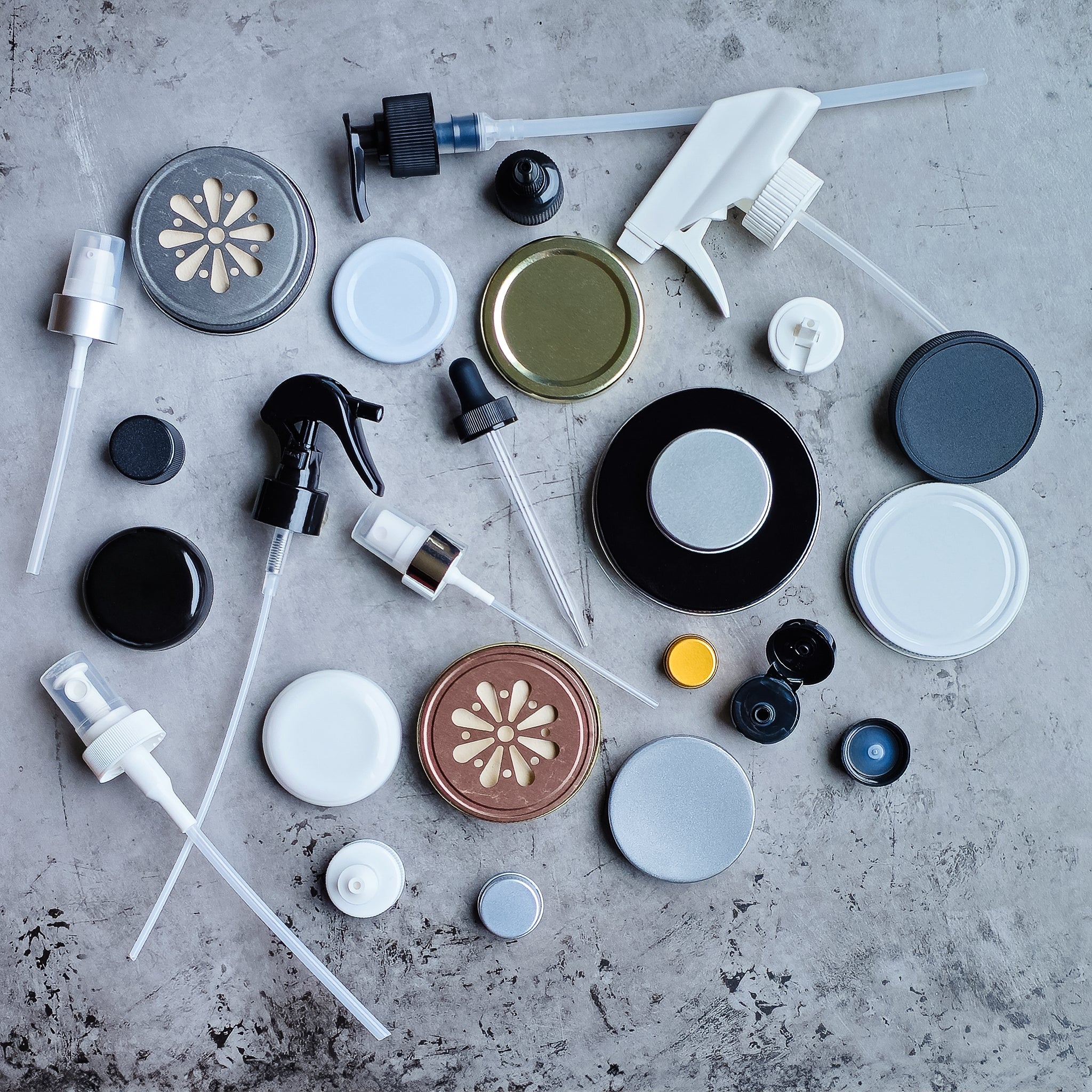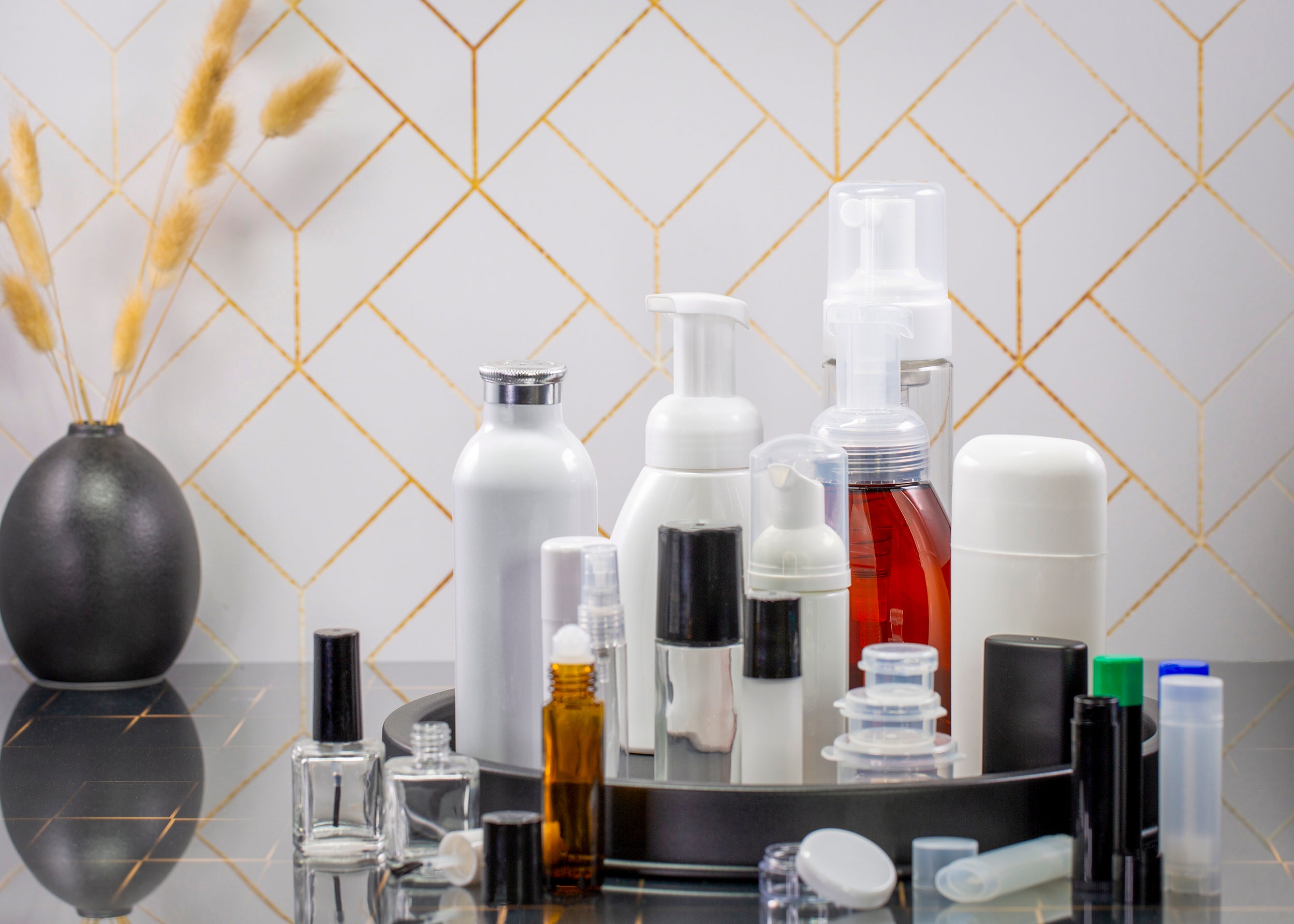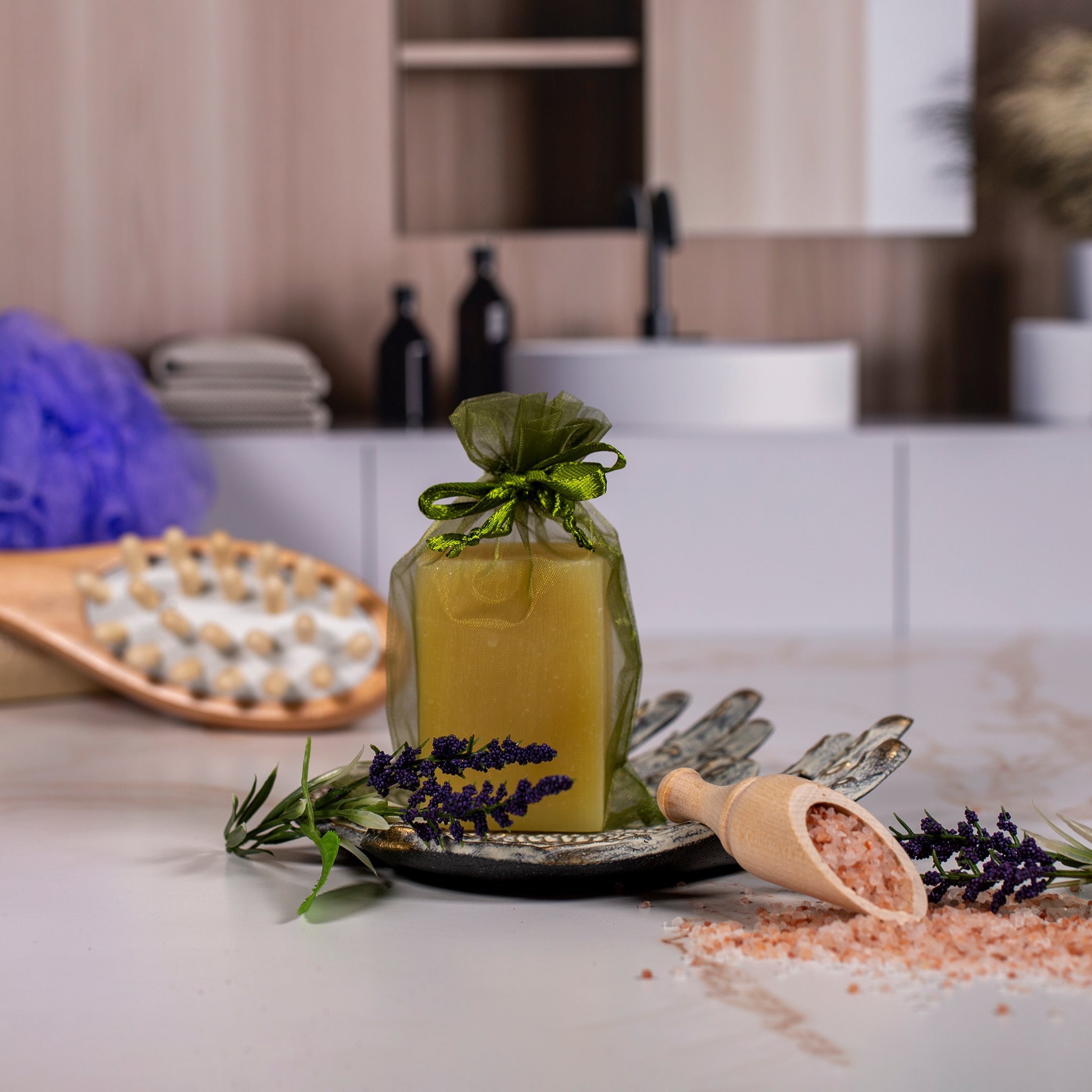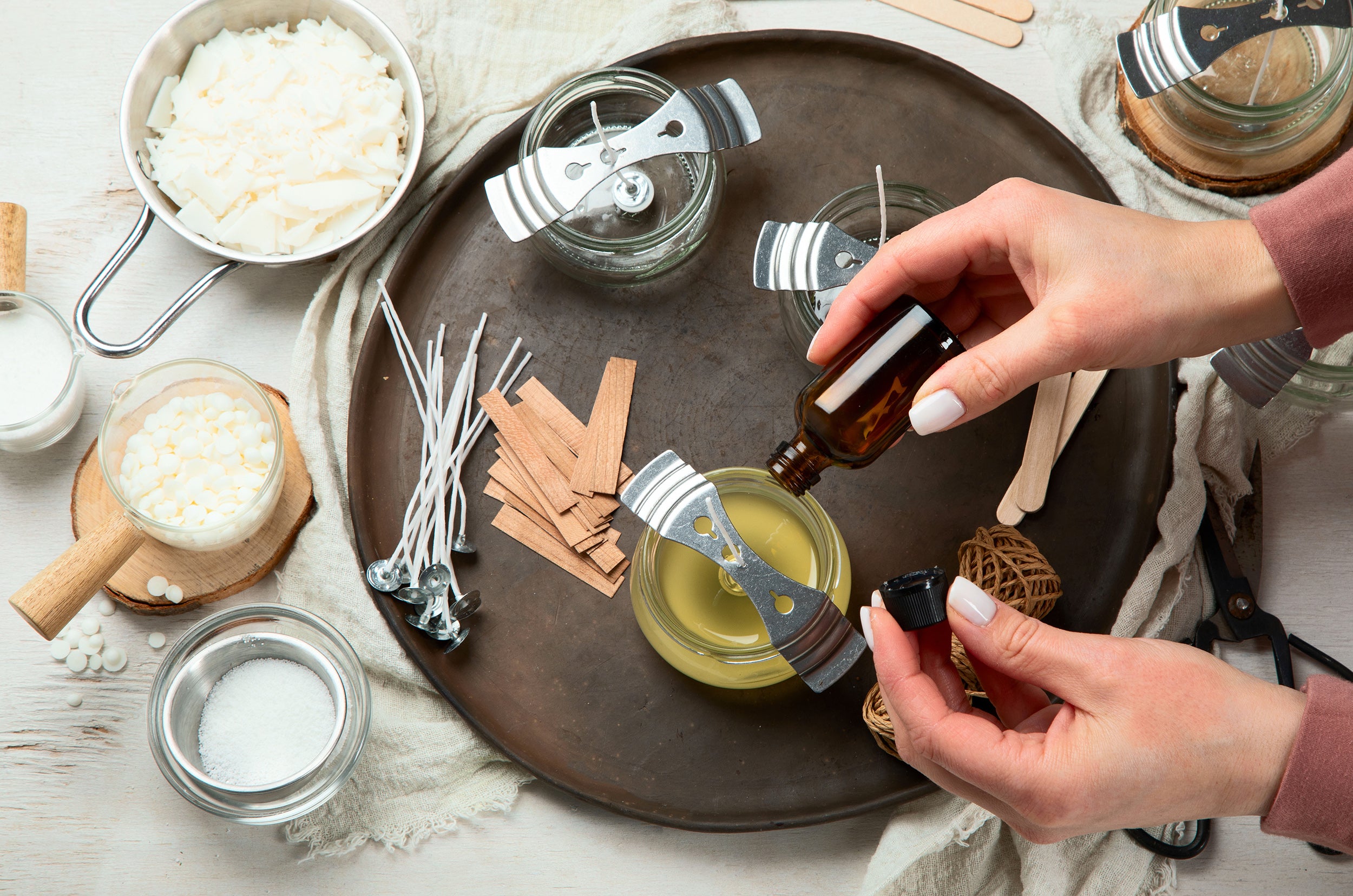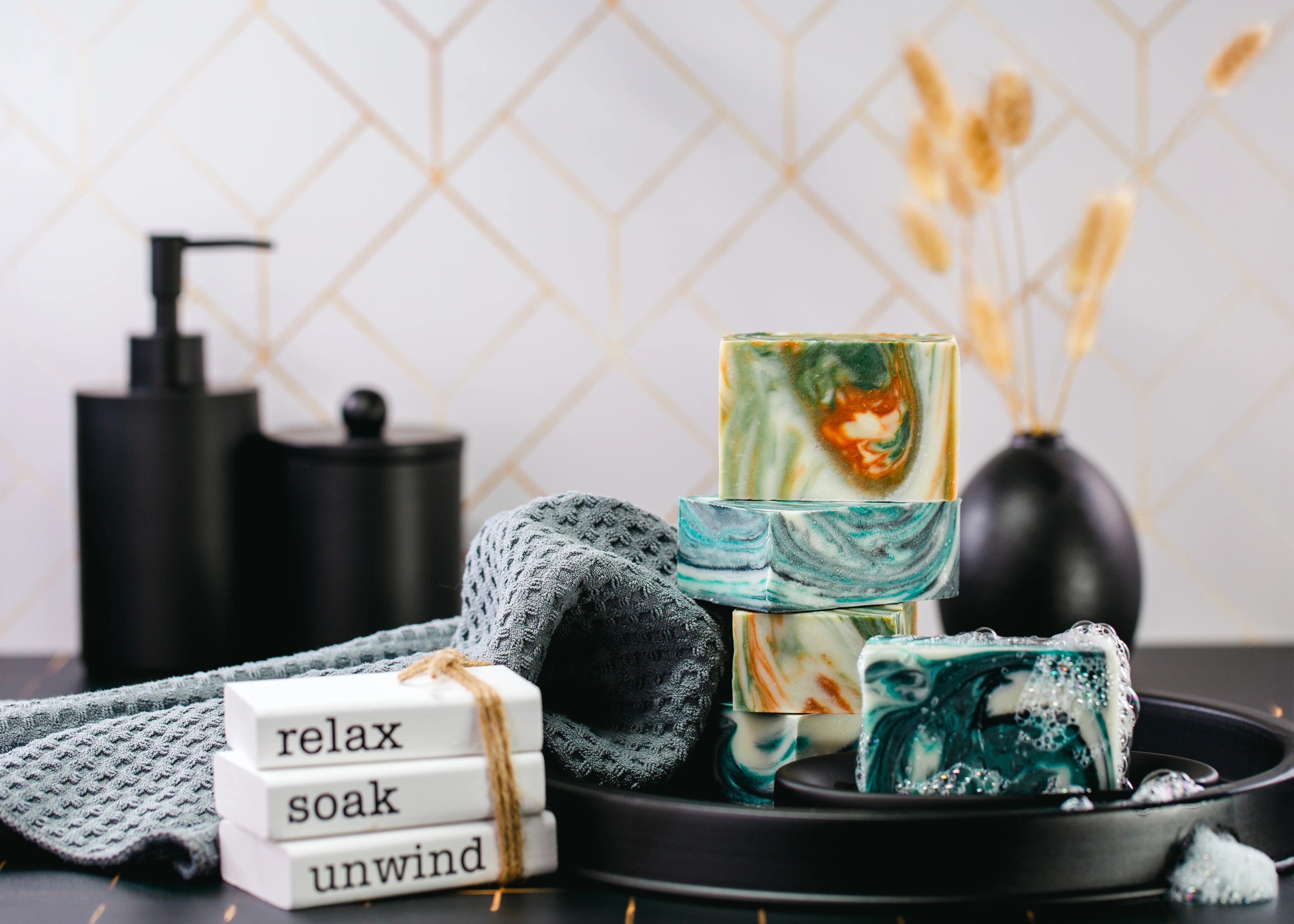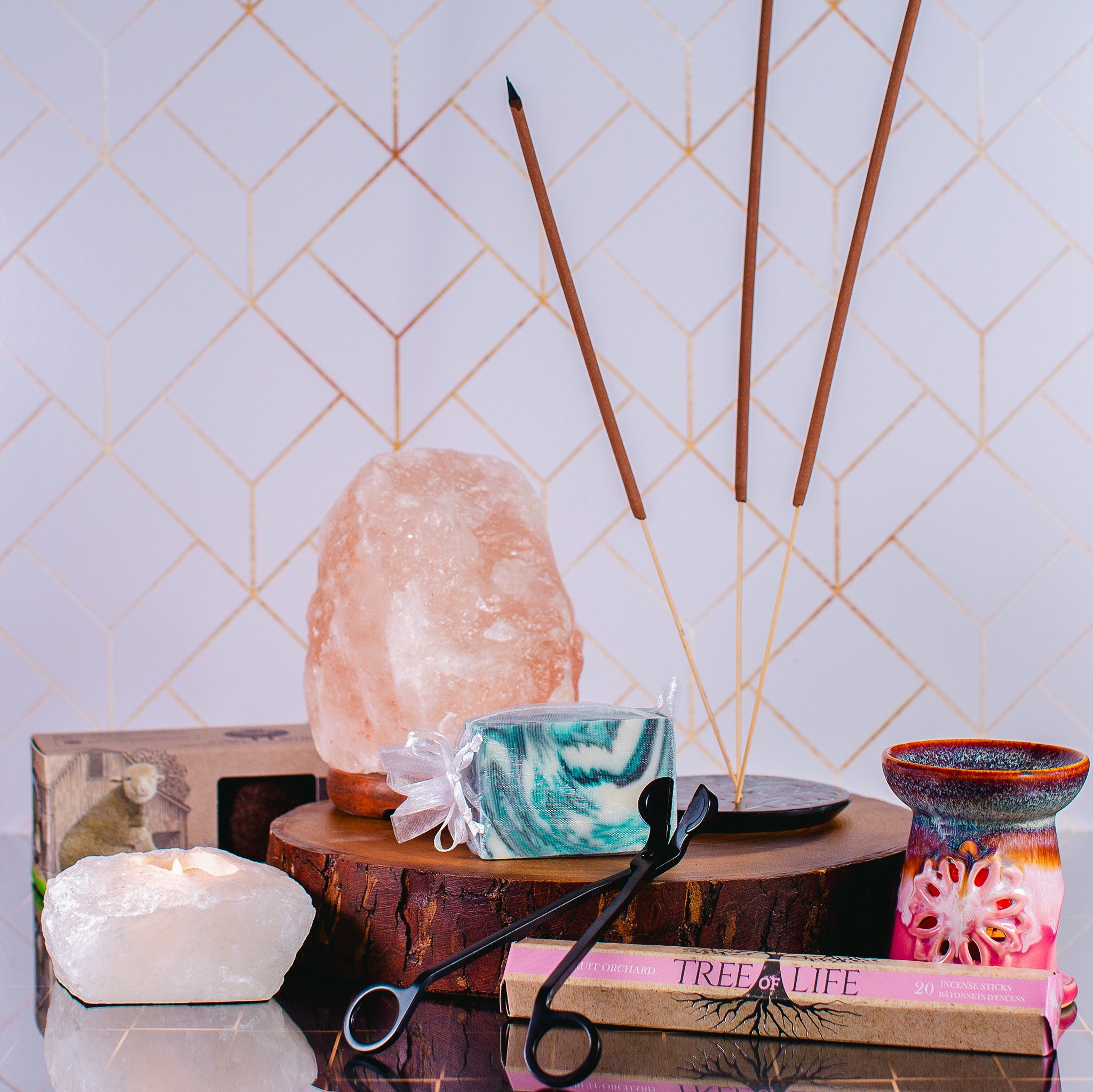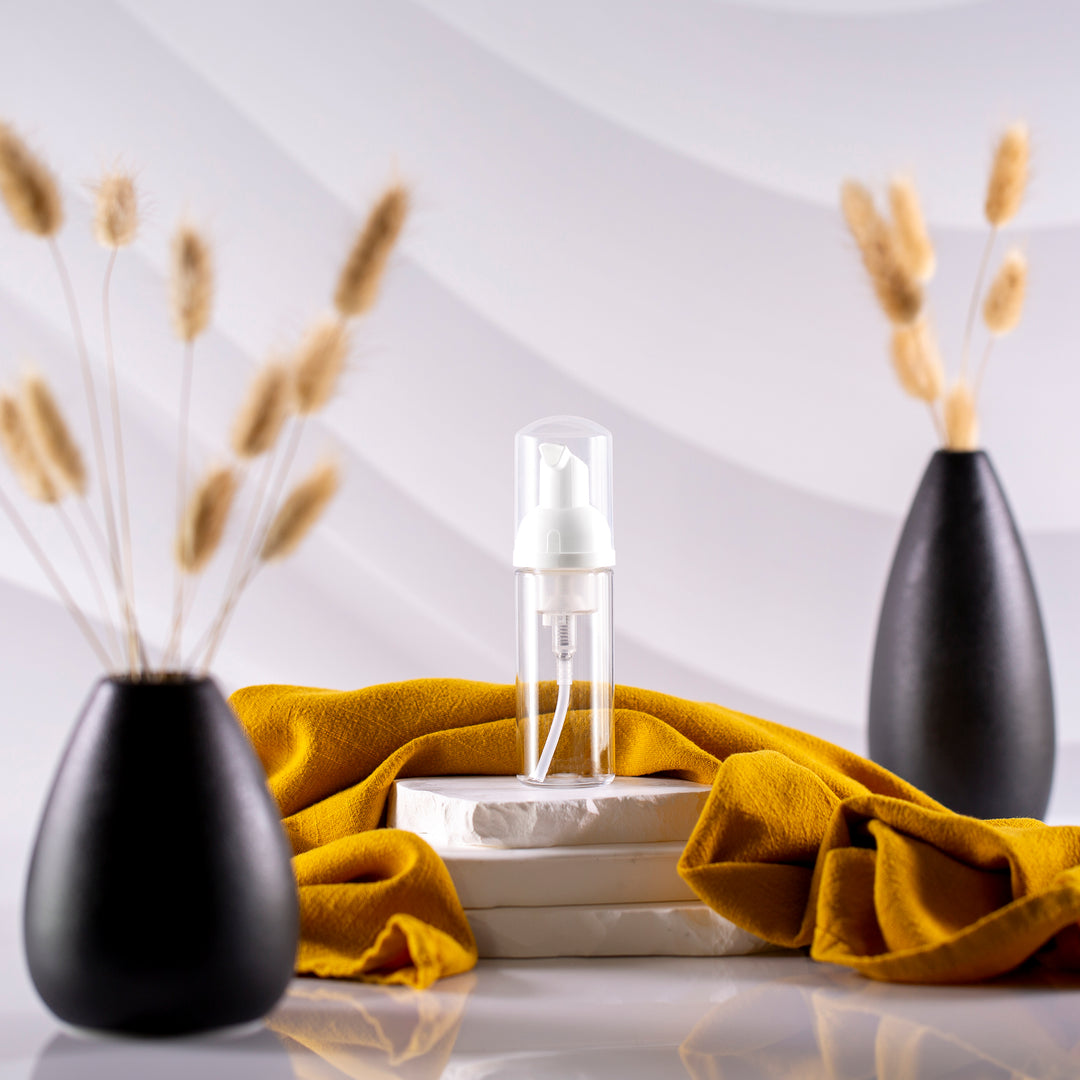
50 ml Clear Foamer Bottle with 30mm White Pump
PB-FM-CLR-30WHT-50ML
This 50ml Clear PET Foamer Bottle is modern and chic as well as being the perfect size for travelling, providing to guests staying over or creating sample sizes of your products. Featuring a white foam pump, this foamer bottle will produce a moussed final product, making it the perfect packaging option for handmade products including hand soaps, facial cleansers and body washes.
Product Details:
- Made of Clear HDPE Plastic
- White Plastic Foamer Pump
- Clear Plastic Cap
Perfect for a wide variety of products including:
- Hand Soaps
- Facial Cleansers
- Body Wash
- So Much More!
Choosing Your Liquid Soap:
- Foamer bottles are designed to work with a thin substance of water-like consistency. It must have sufficient surfactants (soap or detergents) to create the foam. The liquid should be water-baser, and be able to foam using only normal air (no gasses/other propellants)
- Many commercial liquid soaps will work in the foam pump bottles if sufficiently diluted. However, often commercial liquid soaps, especially “gel” soaps, contain thickeners. Soaps with thickeners may require so much water to dilute them to a “water-thin” consistency that the effectiveness and foamability of the soap is compromised.
- Handmade liquid soaps usually work extremely well in the foam pump bottles as they generally are thin to start with and normally do not contain added fillers and thickeners.
- Do not use “melted down” bar soap in place of actual liquid soap because bar soaps tend to gel or clump, thus clogging the mechanisms inside the foam pump
Dilution Rates:
- You want to dilute your soap as much as you can, while still keeping the desired feel and consistency in the foam. As a general guideline, you should be able to dilute your normal liquid soap by 3 – 6 times. So, if you begin with 1 part soap and 3 parts water and see how it feels. Add additional water until the foam just barely starts to thin out. Slightly LESS than that amount of water is the right amount to use with that particular type of soap.
- While it might be tempting to keep the liquid soap thick and reduce the dilution rate, doing so is likely to cause the pump to begin to stick over time
- Remember, these pumps are made for liquids with the consistency of water. The thicker the liquid, the more likely it is that the pump may begin to have problems in the future.
Other Additives:
- Inside the foam pump is a little mesh screen that mixes the soap with the air to produce the foam. The holes are microscopic (79 microns) and can thus easily be clogged. The manufacturer does not recommend the addition of any solid particle, even under 79 microns, as solid particles tend to clump together, making them too big to pass through the mesh. Micas, pigments and any type of glitter are too big to work in the foam pump bottles.
- If you want to color your liquid soap, use dye approved for cosmetic use. These work similarly to food coloring in food and do not contain any solid particles big enough to clog the mesh inside the pump. Some essential oils, fragrance oils and other additives such as commercial thickeners can gum up the mechanism and cause it not to work. Especially if you are using oil based essential or fragrance oils, it is important to mix it first with a product like Polysorbate 20 at a ratio of 2 parts Polysorbate 20 to 1 part of your Essential/Fragrance Oil. Blending this mixture together separately, and then adding it into the water thin liquid soap so that it disperses throughout the product ensures that it does not float up to the top of your product and gum up the mechanisms.
Usage and Care:
- Bottles can be refilled and used again and again. The manufacturer has tested the bottle/pump design and found it mechanically works for up to 12,000 pumps per unit. In practical application it may be less, depending on soap used, care of the bottle and environment of the pump.
- The pumps are not designed to be used under running water. Use in the shower is not recommended and the bottles should not be placed or washed under running water. Doing so may allow water to seep down the neck and into the air chamber located beneath the pump.
- Do not overfill the bottles. If you measure out the right amount of liquid for the bottle size, you’ll see that it doesn’t actually fill to the very top of the bottle. This is to prevent liquid from getting into the air chamber. As the pump is used, there is residual liquid on the screen. If the pump is not used frequently, that soap residue can dry, creating a film on the screen which can ultimately clog the screen making the pump harder to use. The pump mechanism has a small amount of lubricant in order to keep the pump moving smoothly. It seems that some surfactant based soaps can eat away at this lubricant, reducing its effectiveness over time.
Troubleshooting:
If you have trouble with the pump, particularly with the pump “sticking” and not popping back up, check the following things:
- Is the soap too thick? This is the most common problem with pumps. To work in the foam pump bottles, the liquid should be water-tin. If it is too thick, the pump won’t work properly and/or could be permanently damaged. To resolve this, increase the dilution rate of your product or use a different soap.
- Is there liquid in the air chamber? You should see if there is liquid inside the chamber below the pump. If so, turn upside down and pump a few times which should get the water out of the air chamber. If that doesn’t work, you can take the pump apart, clean it completely, dry thoroughly and reassemble.
- Has the liquid in the air chamber been then for awhile? If yes, clean as above. However, if the soap has had time to degrade the silicone in the pump, it may not regain the original amount of “spring” too the pump.
- Is the screen clogged? Empty the container, flush with warm water (it won’t foam). If the pump is clogged with dried soap, then use the pump more frequently, keeping the screen cleaned. If the screen is clogged because of particulates in the soap, use a different liquid soap without particles in it that can clog the screen.




